The vast of majority of businesses (93%) replaced domestic business trips with virtual meetings during the pandemic, according to new research from the Department for Transport (DfT).
The survey, conducted by Ipsos Mori, reveals that almost half (44%) of firms had replaced all trips, 41% half or more and 8% less than half. Just one in 14 – 7% of businesses replaced none.
Business types most likely to have replaced any of their business trips with virtual meetings included large businesses (98%), medium sized businesses (97%) and businesses in London (84%).
Essential services businesses were most likely to say they had replaced all business trips with virtual meetings (55%).
Manufacturing and construction businesses were most likely to say they had not replaced any business trips with virtual meetings (16%).
AN ‘ADEQUATE’ REPLACEMENT
Half of businesses (50%) considered fully virtual meetings to be an adequate replacement for business trips; more than one-in-four (28%), however, did not.
A slightly higher proportion (57%) agreed that meetings with a combination of virtual and face-to-face attendees were an adequate substitute for business trips. One-in-five (20%) disagreed.
Large businesses (58%) were significantly more likely to agree that meetings with only virtual attendees are an adequate replacement for face-to-face meetings, those in Wales/Scotland/Northern Ireland were significantly more likely to disagree (43%).
Large businesses (67%) and companies in the North (68%) were significantly more likely to agree that a mix of virtual and face-to-face attendees were an adequate replacement for face-to-face meetings – companies in the South (excluding London) were significantly less likely to agree (46%).
TRAVELLING FOR BUSINESS
The DfT survey suggests that proportion of employees travelling on business is expected to stay broadly the same post pandemic.
Companies expect an average of 38% of employees to be travelling for business, compared with 40% before the pandemic. Just 1% of the firms surveyed by Ipsos Mori said no employees will travel for face-to-face meetings.
The DfT data, however, suggests that the frequency of face-to-face meetings is expected to fall as virtual meetings will remain in the mix.
Two-fifths (41%) of companies said that they expect to make fewer business trips than before the pandemic (27% somewhat less, 14% far less) and more than a quarter (27%) expect to make more business trips (19% somewhat more, 8% far more).
Almost a third (30%) said they expected to make the same level of business trips.
Assuming restrictions are no longer in place, companies expect to be using a similar mix of main modes as before the pandemic, with a return to long-distance rail and domestic air travel, and a reduction in the proportion of car journeys compared to levels during the pandemic.
Companies said that they expect an average of 33% of trips to use car as their main mode of transport, compared with 29% pre-pandemic.
Meanwhile, 13% would choose to use long-distance rail as their main mode versus 15% pre-pandemic, and 11% would use domestic airlines compared with 14% before Covid-19 struck.
In terms of other modes, companies expect an average of 10% of trips to use local trains as the main mode versus 14% pre-pandemic and 11% during the pandemic.
The DfT says that 7% will use local buses, compared with 6% pre-pandemic and 4% during, and 5% will use taxis, which is an increase on the 3% pre-pandemic and 5% during.
Other modes, including cycling and walking will account for 3% of business trips, which is the same as proportion seen pre-pandemic and down from the 5% seen during Covid-19.
Read more from the DfT business travel survey in the August edition of Fleet News.



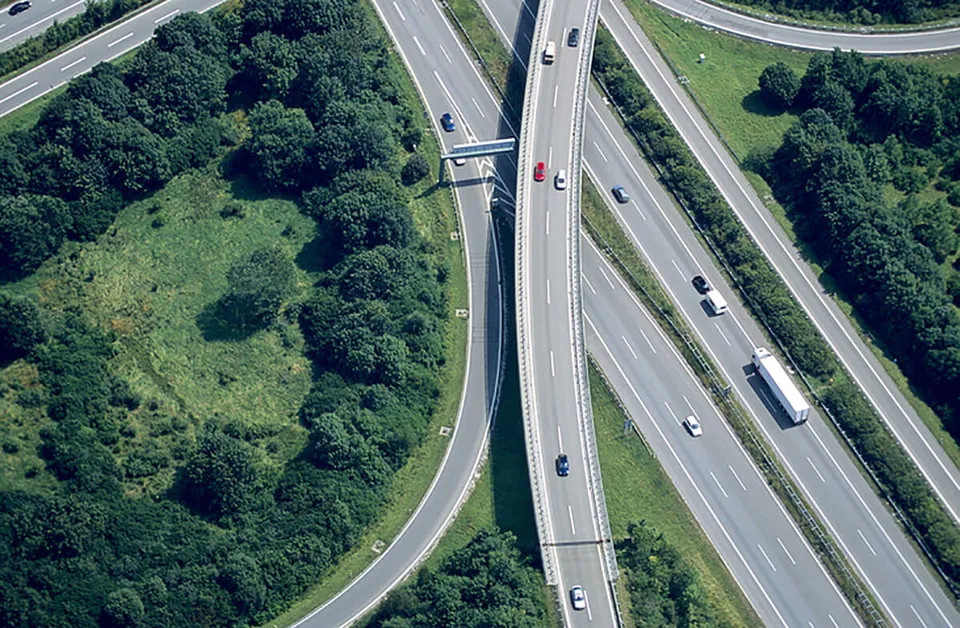
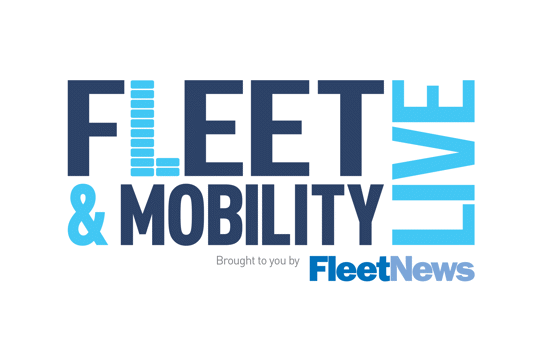















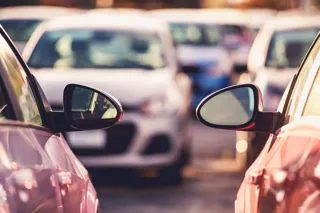
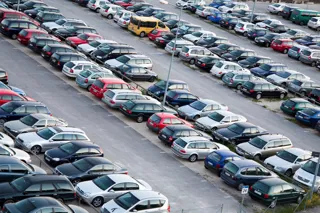
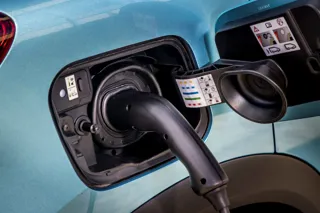
Login to comment
Comments
No comments have been made yet.